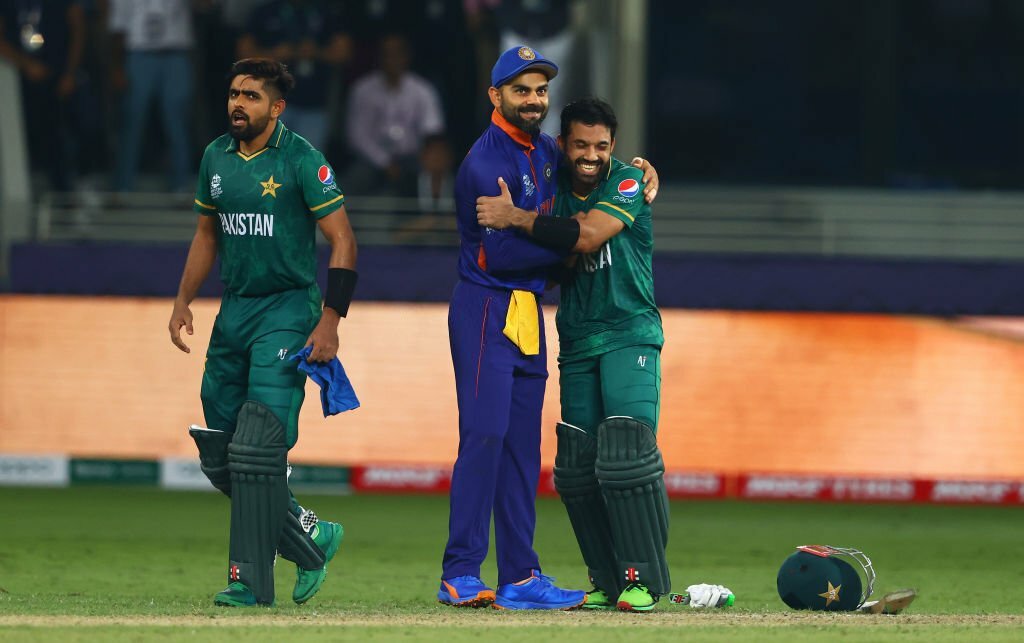The ICC has introduced a trial stop clock test in men’s ODIs and T20Is, set to run from December 2023 to April 2024.
The goal is to control the time taken between overs. A unique twist accompanies this move: if the bowling team exceeds the 60-second limit for delivering the next over three times in a single innings, a five-run penalty will be imposed. The ICC sees this as a trial run before considering it as a permanent rule.
Advertisement
See Pakistan tour Australia Test Squad Announced
This action shows the ICC’s commitment to keeping the pace and excitement of limited-overs cricket intact. They aim to tackle concerns about delays between overs that disrupt the game’s flow. The stop clock aims to ensure smoother and quicker progress in matches, making it more enjoyable for fans.
The five-run penalty acts as a warning against teams dragging outbreaks between overs. It emphasizes the need for swift transitions in limited-overs formats. This move aligns with the ICC’s efforts to keep cricket evolving while keeping its core essence alive.
Apart from the stop-clock trial, the ICC Rule has made changes in the process of banning a pitch from international cricket. These changes simplify the criteria for judging pitches and outfields. Additionally, the threshold for a venue losing its international status due to substandard conditions has been raised from five to six demerit points over five years.
These decisions came after the ICC Board meeting in Ahmedabad. The cricketing world awaits the results of this trial period, curious about the impact on men’s ODIs and T20Is. If successful, these changes could significantly influence the future of limited-overs cricket, emphasizing efficiency while maintaining the sport’s entertainment value.



